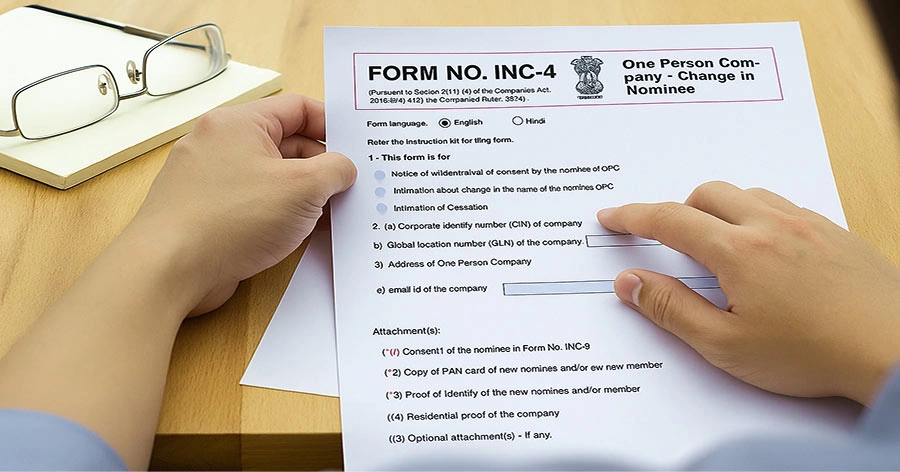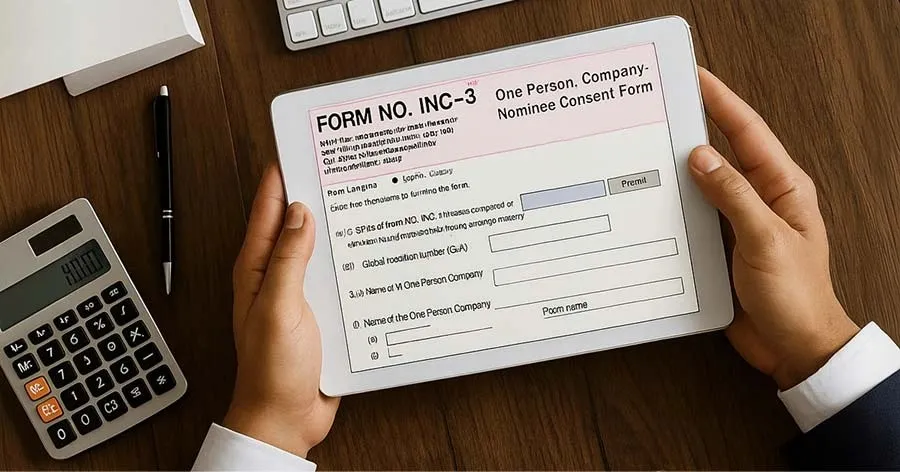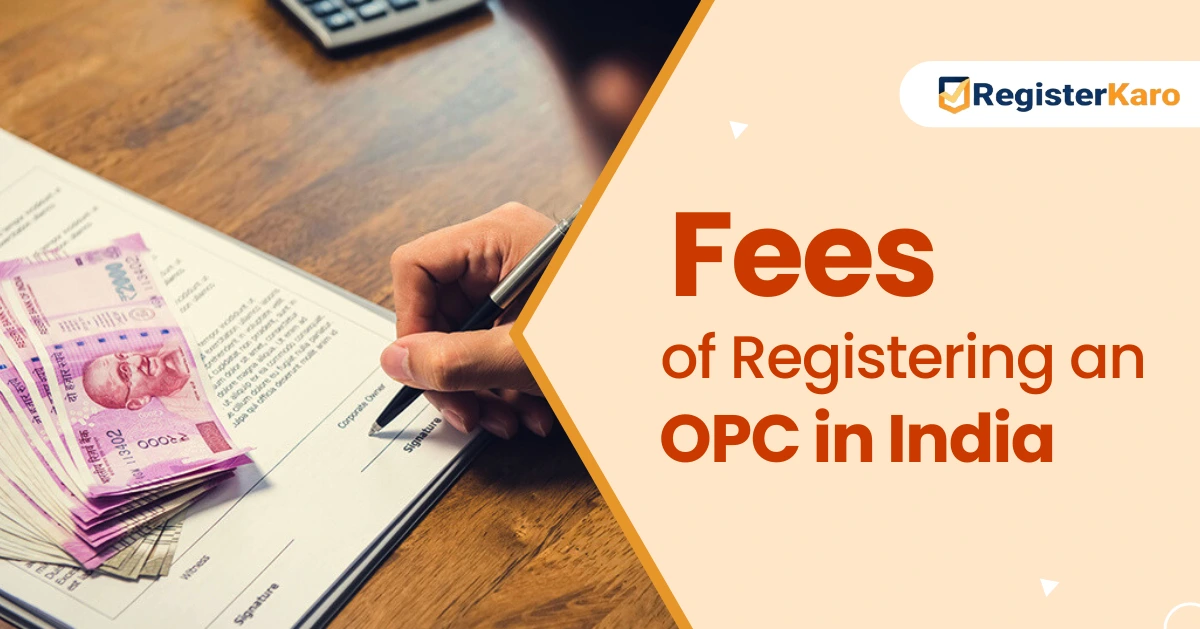A One Person Company (OPC) is a business structure that allows one person to own and run a company. It gives the owner full control over the business while also offering the legal protection of a private limited company. This means that the company and the owner are treated as separate legal entities. If the business faces a financial loss, the owner’s personal assets are protected.
The Indian government introduced OPCs under the Companies Act, 2013, to help solo entrepreneurs start businesses more easily. According to Section 2(62) of the Act, only Indian citizens living in India could register an OPC. However, in 2021, the rules changed. Now, Non-Resident Indians (NRIs) can also register OPCs. The government also removed the rule that forced OPCs to convert into private limited companies if their turnover or capital crossed a set limit.
OPCs have become more popular over the years. As of April 30, 2025, there were more than 67,168 active OPCs in India, with a collective paid-up capital of Rs. 895.88 crores. Many freelancers, consultants, and solo founders are increasingly choosing the OPC model. This is because it gives them the freedom to run their business independently while enjoying the structure and credibility of a registered company.











